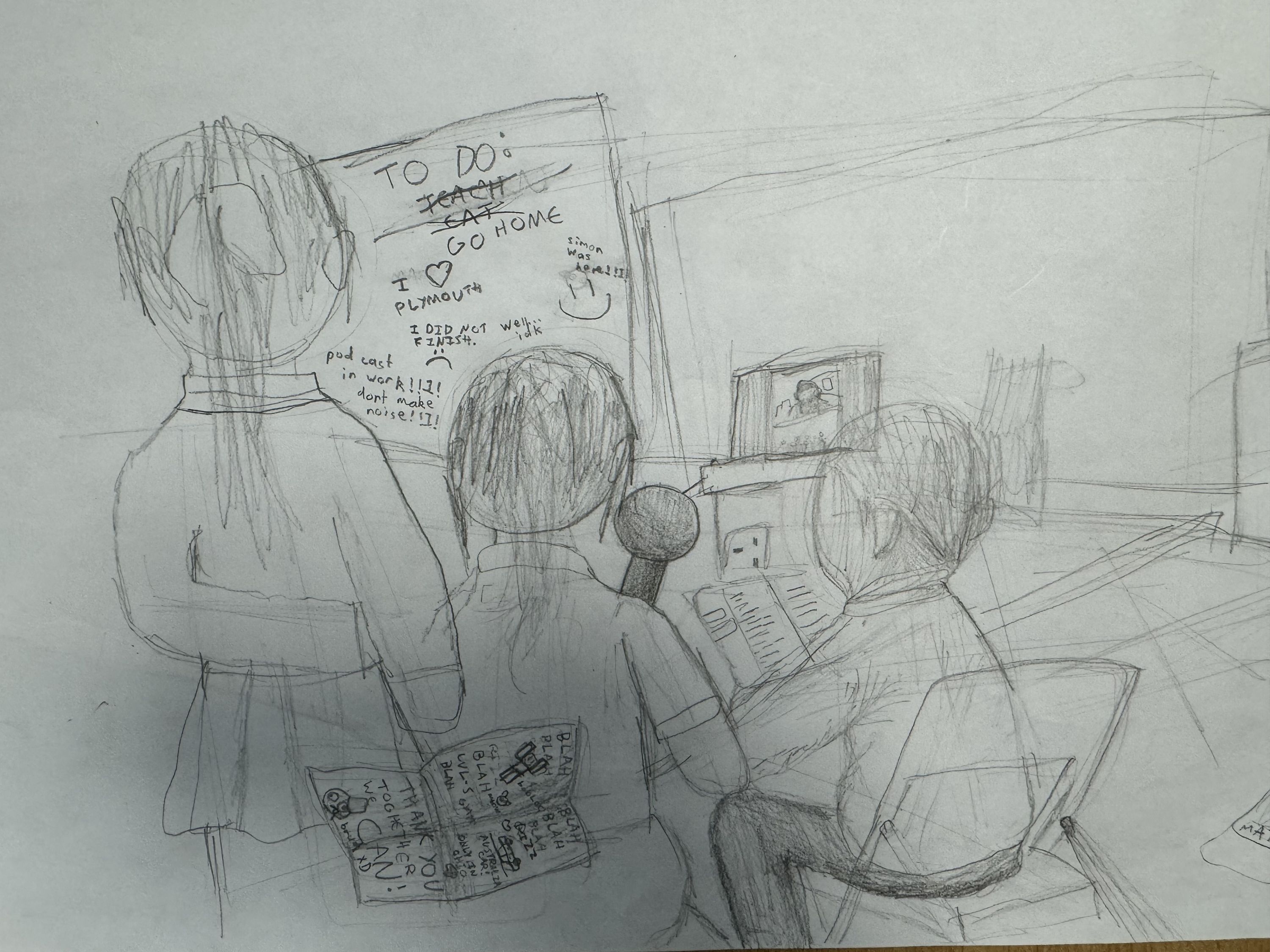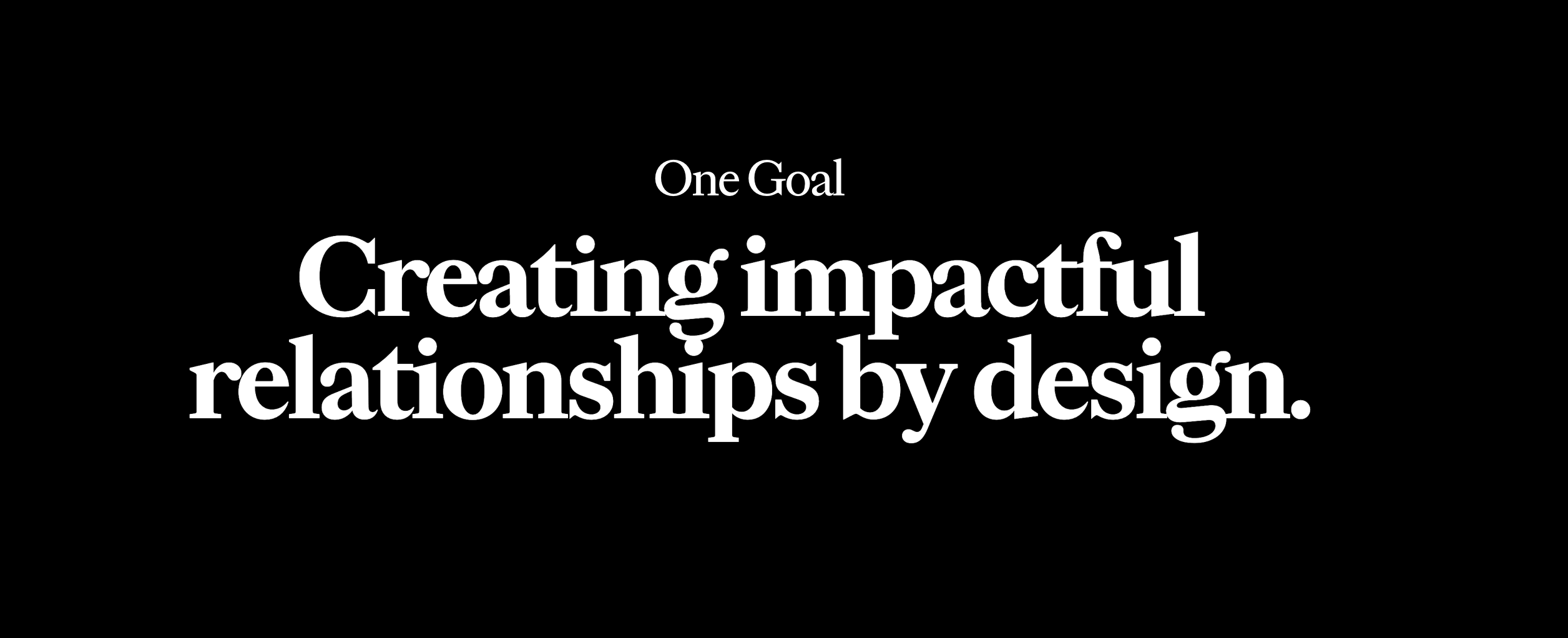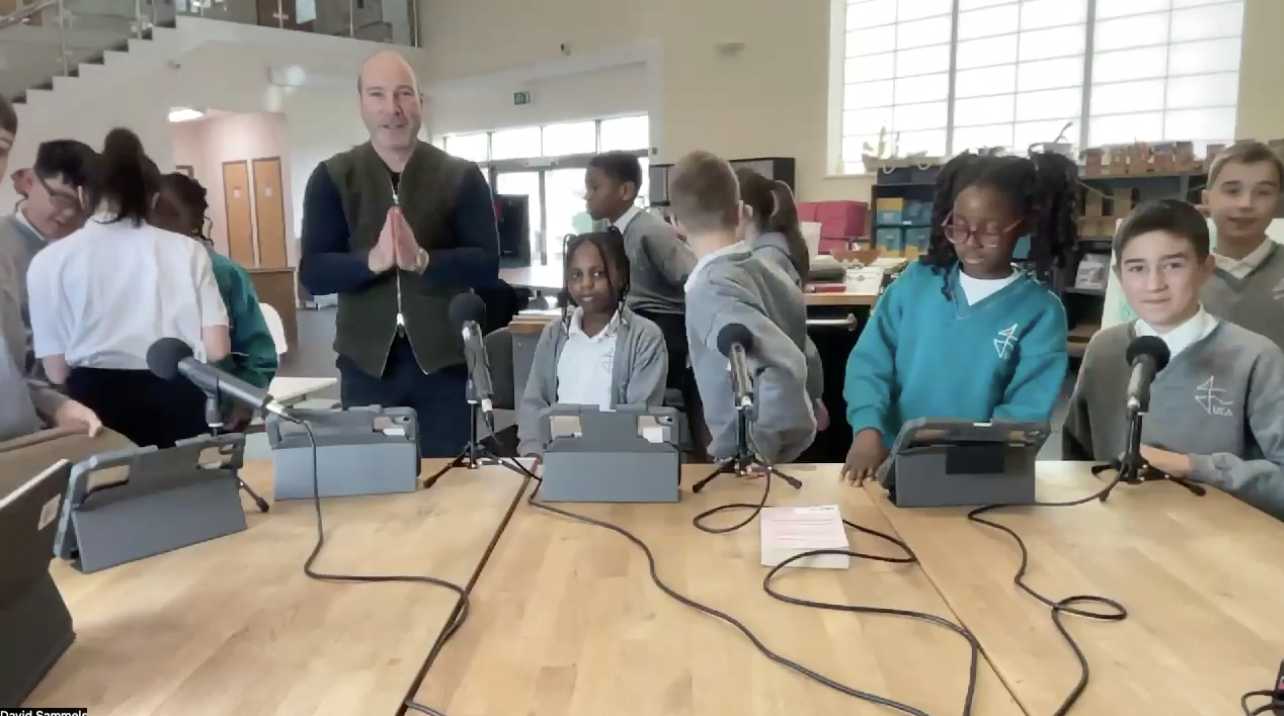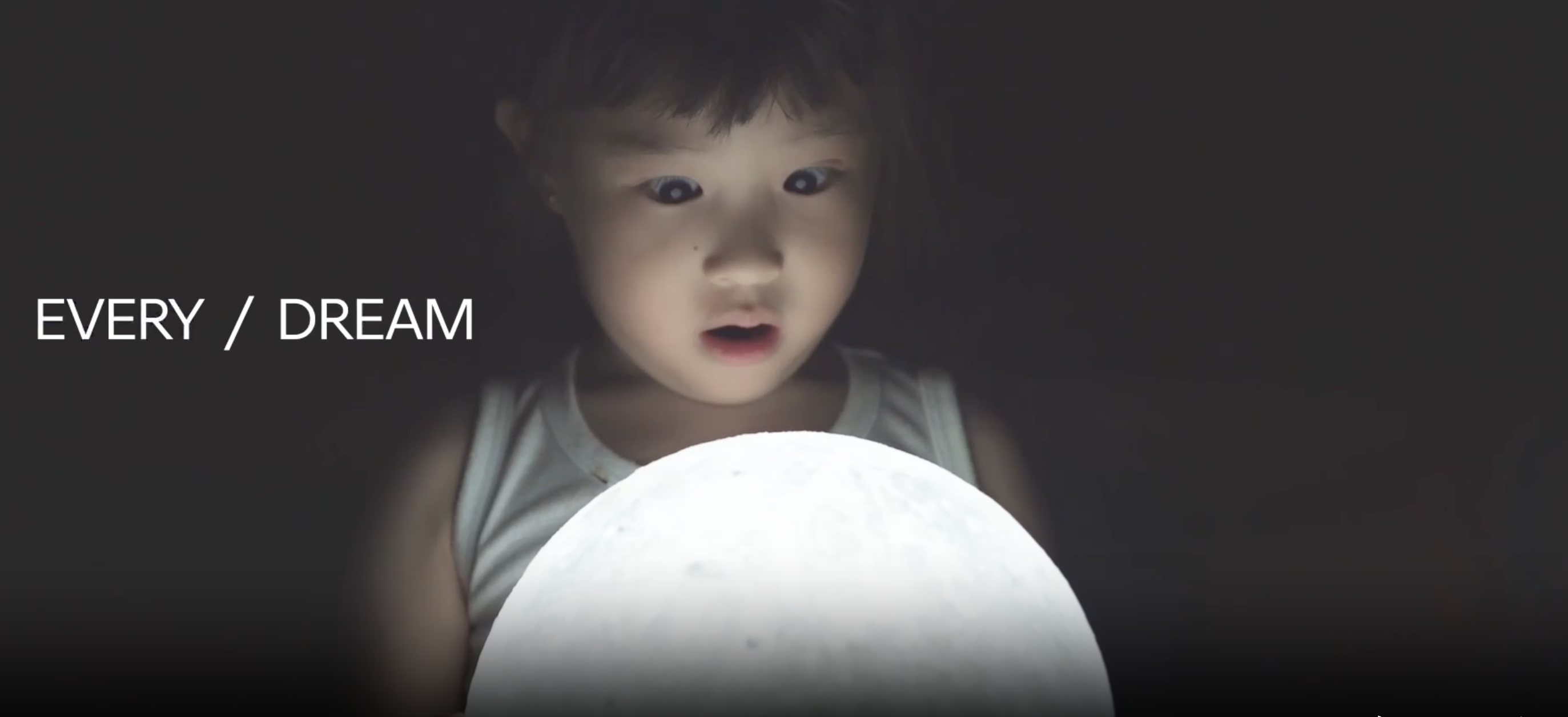Rory Sutherland | Behavioural Science

Podcast
Intro
Welcome, Rory. We can't quite believe that you are sitting with us and being interviewed. You are a very big player in the media and research world. Many people come to you for advice on how to be better at things like advertising. We look forward to learning lots from you too. Shall we get started? Let's go!
Q1
Hi Rory, we notice that you have been a Vice Chairman of a company. This sounds impressive. How did you get to this great role and what is the role all about? Do you have any top tips for becoming a Vice Chairman of something?
Q2
What do you focus on most in your books? What genre do your books revolve around? We understand that you write about and study neuroscience and how we behave. What is this all about, and how can we study for this at school?
Q3
Your books on behavioural science inspire many adults globally. Have you ever considered writing a children's book about behaviour science? I think it could be a bestseller. I would love to help you after all. I am studying hard at school.
Q4
We know that your occupation is being an author. If you could have a different job, what job would you choose and why?
Q5
Which are your favourite brands that you have worked for, and would you work for them again?
Q6
Did you know that we have recently interviewed neuroscientist Beau Lotto? He told us that there is no such thing as colour. We couldn't believe it. Some of us still can't figure this out. What do you think humans sometimes believe in, but actually, science tells us isn't true?
Q7
We see that you have written a book called Alchemy. We have been wondering what is this about, as we are not sure what your take on the word alchemy is. Is your book written to help adults make more money and, if so, how could we learn from your studies while we are at school? Could your work in behavioural science help us to not just make more money, but to learn better?
Q8
We hear that you have worked out how people behave and why? How do you do this? Could you give us some examples of how you conduct your science?
Q9
Have you heard of the neuro-scientist Beau Lotto? We interviewed him, and he told us that there is no such thing as colour. That colour is all a perception, not real. This seems insane. Do you have any other seemingly insane truths that even we as children couldn't imagine?
Q10
Hi Rory, knowing what you know now as a behaviour scientist, what advice would you give your 11-year-old self about how to learn more and learn better?
Q11
Hi Rory, thank you for meeting with us. This is so cool. What is it about the state education system that you admire and what needs to change? Should we all come to school each day or instead jump aboard the remote learning and AI movement?
Q12
From a behavioural point of view, is it better to change our time in nature or is it better to spend our time in a man-made classroom? How do environments and eco-systems affect how we learn?
Q13
Can you share any advice on how t make decisions on who to support politically? Being a child makes it very difficult to know how to make sense of politics. It is all about big tricky words and slogans. We are more than just slogans - how do we get a deeper understanding of what's true and what's not?
Q14
Exams are one measure used to state whether a school is successful or not. We are more than this. We are more than a school. What measures would you use to measure the success of a school?
Q15
We are a media team. We like to study how stories are made. What has been the most inspiring and successful advertising campaign you have been involved in, and why do you think it worked so well?
Q16
Mr Sammels thinks that loving what you do is one of the most important lessons that we can learn. He says we need to train ourselves to notice similarities and differences - patterns and relationships - in everything around us. It will help us to make more sense of both our ideas, our world and our place within it. What do you think?
Bio
Rory is Executive Creative Director of OgilvyOne, and he's a leader and practitioner – in marketing and in digital. Aside from being co-founder of the Behavioural Sciences Practice within O&M, he's an all-round brilliant performer and informer, and he's The Spectator magazine's Wikiman – every week.



